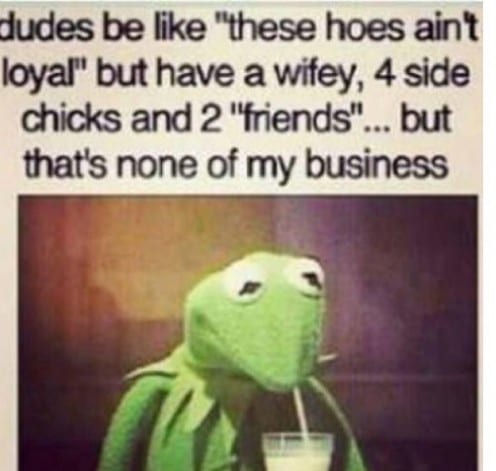Memes: The internet’s moral police
By Daniel Miller, on 12 May 2015
On the face of it memes and religion would seem unlikely bedfellows, or even worthy of mention in the same discussion. Religions come to us from centuries of tradition and are defined by the continuity of custom and belief, and would be generally considered deep and spiritual. By contrast most people associates memes with funny looking cats, terrible puns and representing the latest phase of the superficiality and transience of the internet.
Despite that, if we look across our nine fieldsites there is certainly an argument to be made that memes have occupied the place in social media we might have anticipated being colonised by religion. Firstly memes are in fact the primary way most people do post explicitly religious imagery. In our book Visualising Facebook (forthcoming), which directly compared the visual posts of our fieldsites in England and Trinidad, this is something common to both.

A meme celebrating the religious festival of Diwali (Original author unknown)
But relatively few memes are actually religious in content. By contrast, a very high proportion of memes could now be said to represent the ‘moral policing’ of the internet. Memes have become the way people post visuals that express their values. In some of our fieldsites it is clear that people with less power or less confidence and who would be shy of posting their opinions directly or as text, are much more comfortable posting such memes.

A values-based meme (Original author unknown)
But the notion of moral policing suggests that this amounts to more than simply the declaration of values. It is also about establishing what values are (or are not) acceptable for online postings. This might range from the support of gay rights, to accusing males of hypocrisy in their relationships with women, or even asserting the right not to care about football.

A humorous meme accusing males of hypocrisy in their relationships with women (Original author unknown)

A meme directed against posts regarding football (Original author unknown)
Perhaps the strongest argument for this idea of memes as moral policing comes from what might seem to be the counter instance, which is that the vast number of memes are devoted to humour. But when examined more closely actually a great number of these funny memes are humorous at the expense of some position of behaviour of which they disapprove. Or alternatively they are a way of allowing licence for behaviour of which they do approve but might not have been accepted. So in these instances women are all making fun around stereotypes about women, but also establishing a position with regard to that characterisation, though humour. This policing is as much about making freedom for values as for suppressing unacceptable ones.

A humour based meme (Original author unknown)

A humour based meme (Original author unknown)
Looking across the nine fieldsites in our study, this use of moralising memes seems common to all. Which is very helpful to our study, since one of our conclusions is that in each site there is considerable conformity and repetition. To explain this we need to understand the mechanisms that keep people in line. Moral memes may well be ones of these.
 Close
Close




